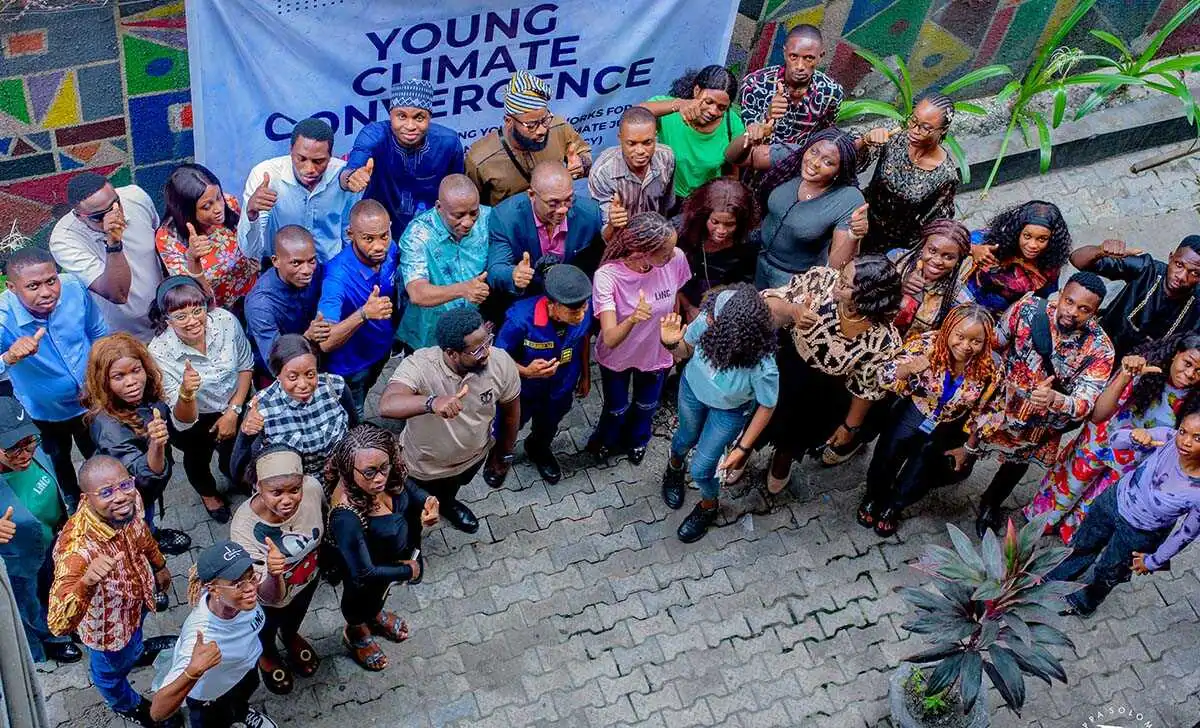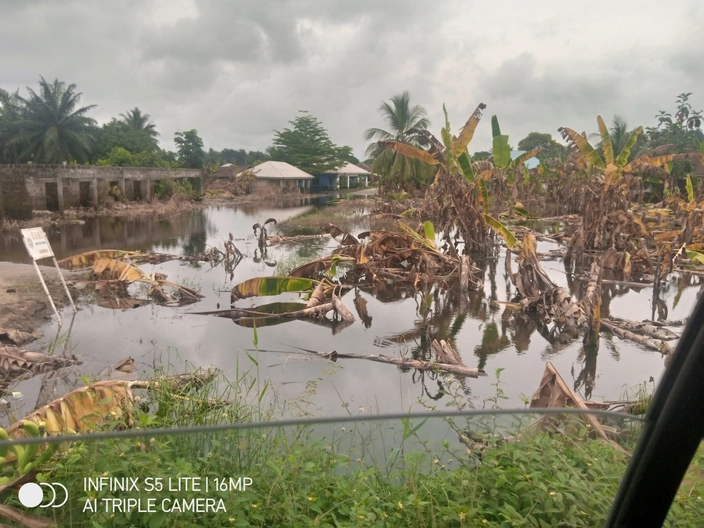The Niger Delta, a region once celebrated for its abundant natural resources and vibrant communities, now finds itself on the frontlines of climate devastation. The very oil that promised prosperity has instead unleashed an environmental catastrophe. Nestled in a vulnerable geographical position, the Niger Delta is relentlessly battered by the impacts of climate change—especially flooding, which has become a perennial nightmare for the millions of people who call this region home.
In 2022, the Niger Delta faced one of its worst flooding disasters in recent history. Rivers overflowed their banks, homes were submerged, and communities were torn apart. According to reports, over 1.4 million people were displaced across Nigeria, with the Niger Delta bearing a significant portion of this devastation. The floodwaters swallowed livelihoods, schools, and health centers, leaving behind a trail of destruction that will take years, if not decades, to fully recover from. The lack of proper flood control infrastructure, exacerbated by poor urban planning, only worsened the situation.
Exploitation Amidst Desperation
At the heart of this tragedy is the harsh reality of exploitation by International Oil Companies (IOCs). For decades, the Niger Delta has been the source of Nigeria’s oil wealth, yet the people who live here see little of the benefits. Instead, they are left to suffer the consequences of environmental degradation, pollution, and neglect. The oil exploration that has enriched so many others has impoverished the very land and water that sustain the Niger Delta people.




